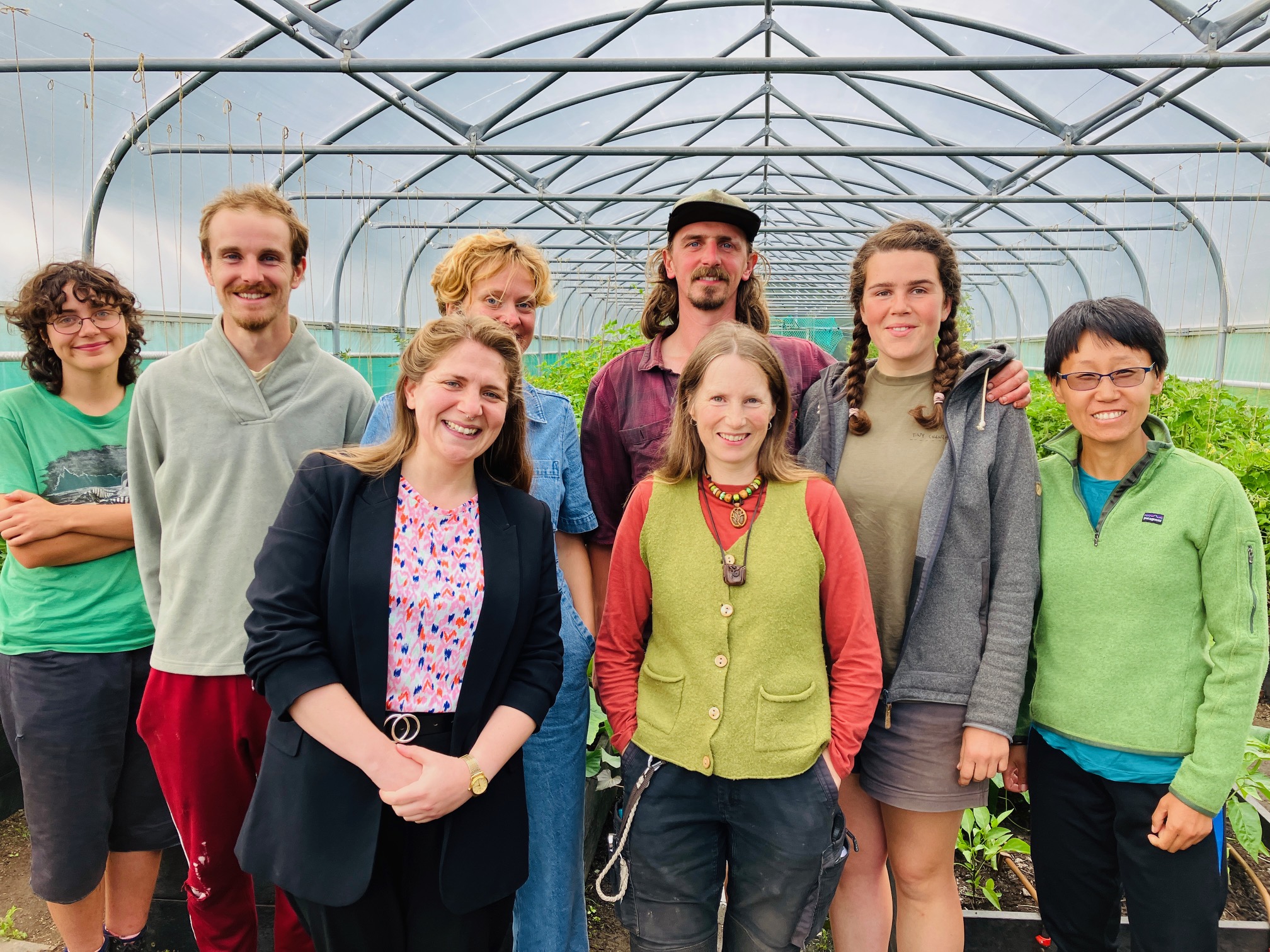Agroecology, farming with nature, is a way of farming that can strengthen the livelihoods of food producers and increase the resilience of our food systems. It can help tackle the biodiversity and climate emergencies whilst working towards Scotland’s vision of sustainable and regenerative agriculture. But it’s not always easy to find the right kind of learning opportunities, or for farms to find the time and resources to offer them.
“More and more farmers, crofters and growers across Scotland are interested in implementing agroecological practices. But it’s not always easy to find the support needed to try out different ways of farming. Many food producers want this to be peer-to-peer learning, with farmers leading the way.”
Nourish Scotland
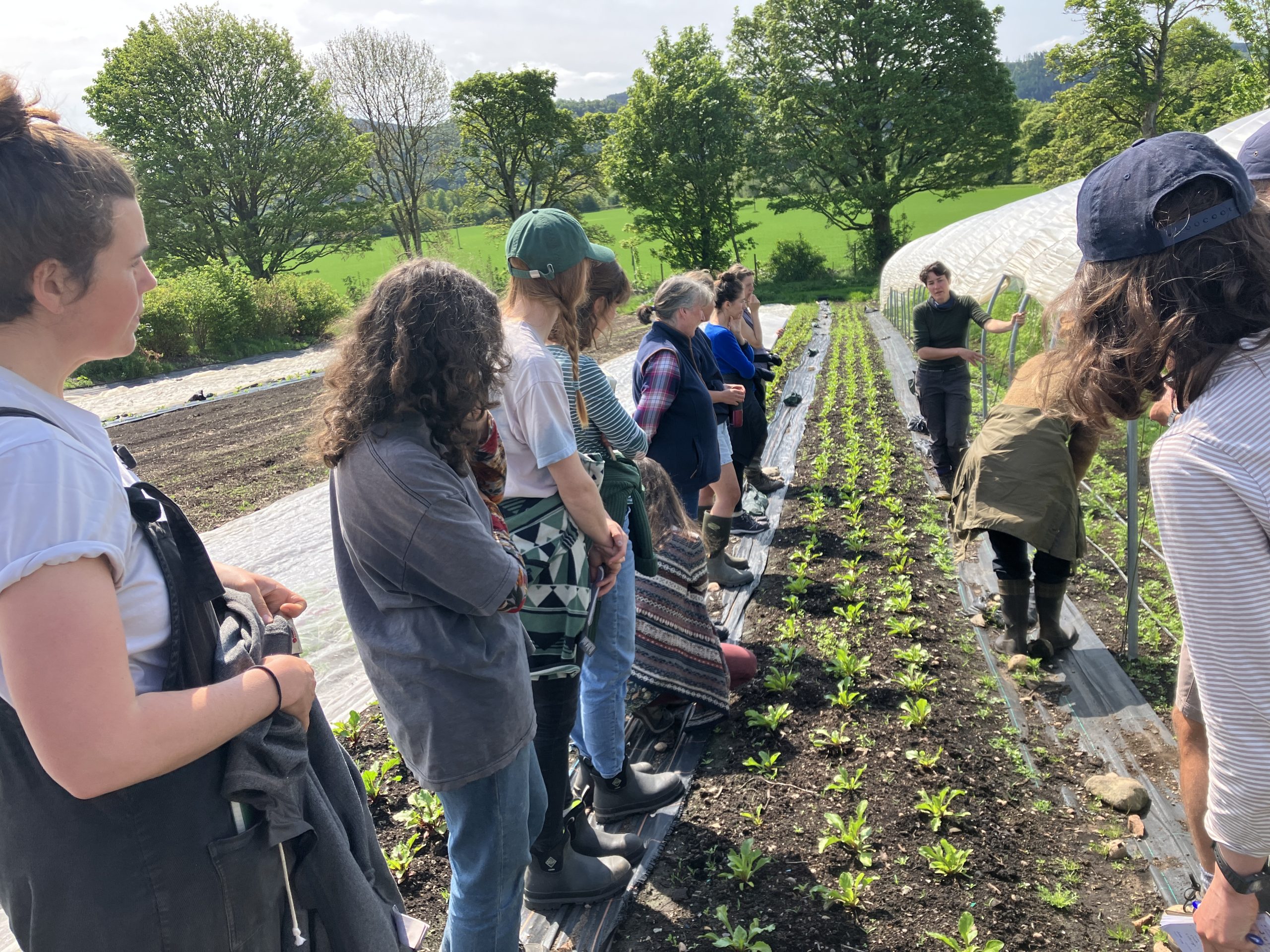
Tomnah'a Market Garden (Credit: Clem Sandison)
Well, in Scotland this year, a pioneering approach to peer-to-peer programme facilitated by the Landworkers’ Alliance, has offered a framework for how quality agroecological horticulture training could be shared amongst many farms, regions and scales of production.
The Scotland Growers Training Network is a peer-to-peer training programme for new entrant growers, staff and trainees on small-scale market gardens and vegetable farms in Scotland, funded by the Scottish Governments’ Knowledge Transfer and Innovation fund. It makes up part of the Agroecology -Strengthening Livelihoods project, delivered by partners Nourish Scotland, Nature-Friendly Farming Network, Pasture for Life, Propagate Scotland, the Soil Association and the Landworkers’ Alliance.
Coordinated and facilitated by the Landworkers’ Alliance, it was run for the first time in 2023 to spread the load of training between multiple farms, pool resources and offer a greater diversity of learning experiences at different farms and market gardens for trainees.
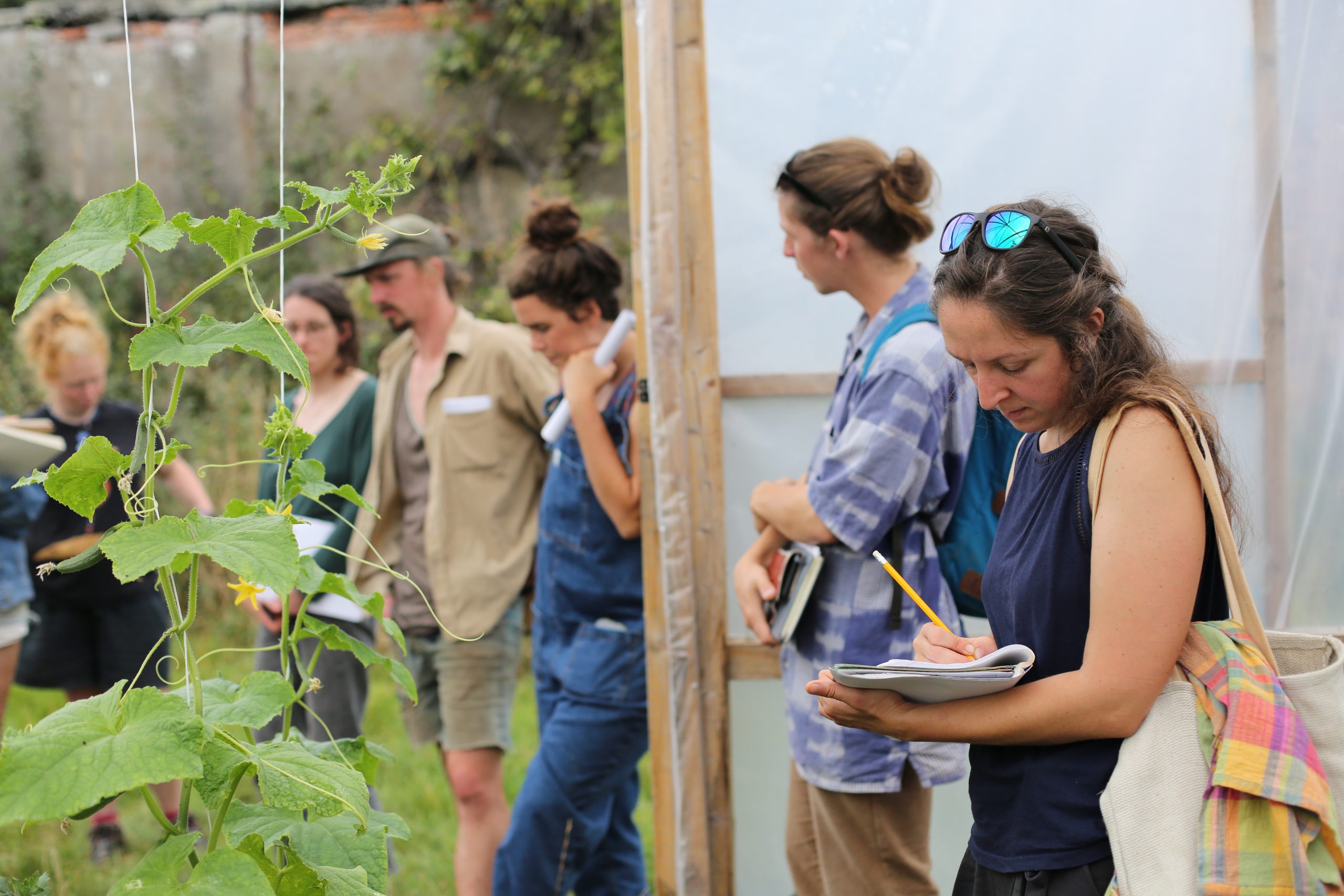
CREDIT: Clem Sandison
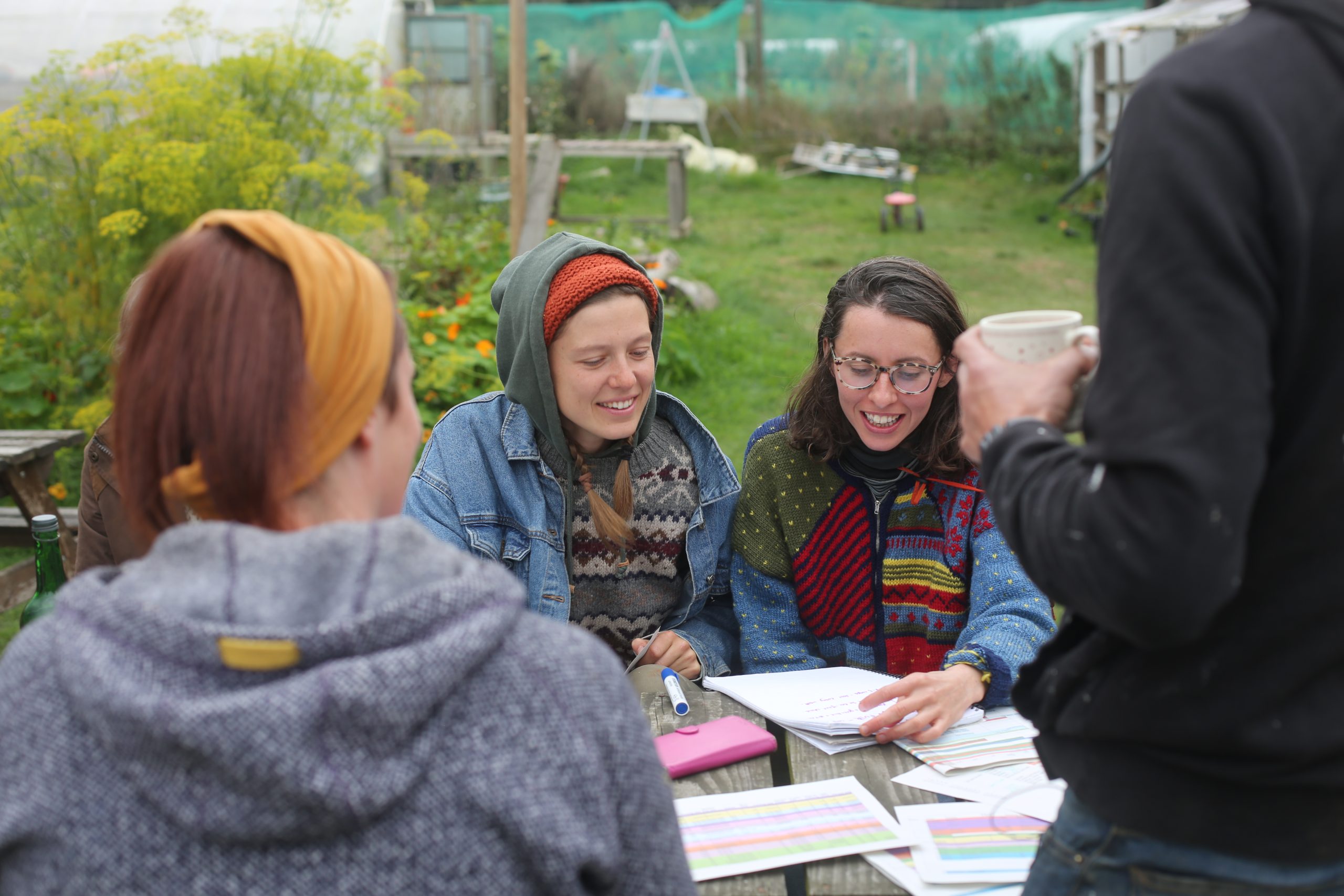
CREDIT: Clem Sandison
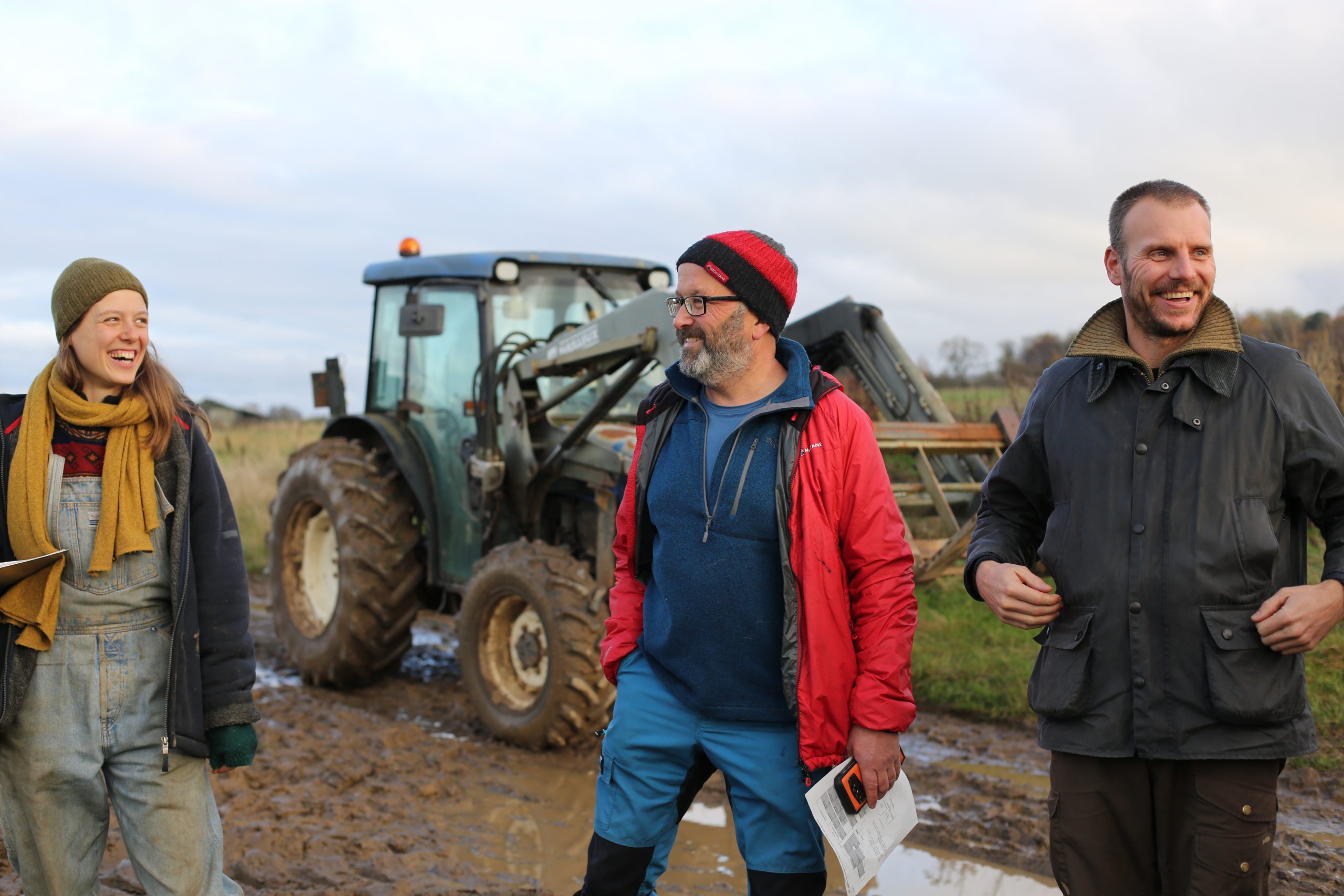
CREDIT: Clem Sandison
The Scotland Growers Training Network emerged from members who run traineeships expressing need to combine efforts, spread the load, and improve the quality of training as the season gets busier.
Fifteen growers, including those working as trainees as well as those already in horticlultural jobs looking to upskill and supplement their training, took part in monthly half or full-day visits to 6 market gardens and vegetable farms across Scotland – Knockfarrel Produce in Ross-shire, Tomnah’a Market Garden market garden and Taybank Growers in Perthshire, East Neuk market garden a Largo Estate Walled Garden in Fife and Campy Growers in Dundee. Each host farm offered a tailored on-farm training on one or two key topics, guided by the Landworkers’ Alliance Horticulture curriculum – such as irrigation, crop planning or covered cropping, for example – planned and coordinated within the network ahead of time and complimented by monthly online sessions in business planning and marketing, the ‘back-end stuff’.
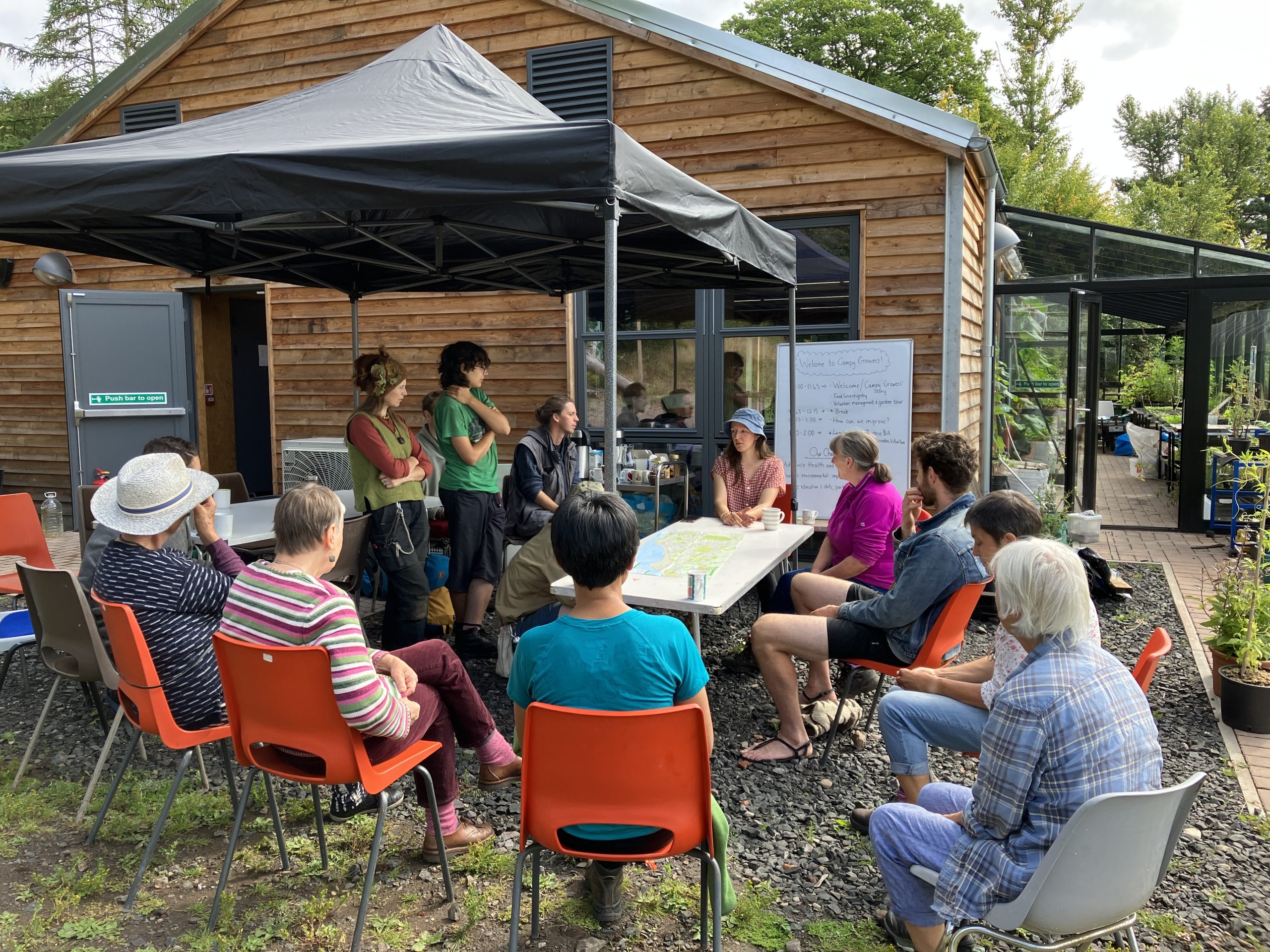
Tom Booth, who hosted the participants at his farm East Neuk Market Garden, said that it was a great supplement to the training they were already giving on farm, but allowed them to maintain the quality and diversity of the training offered throughout the season.
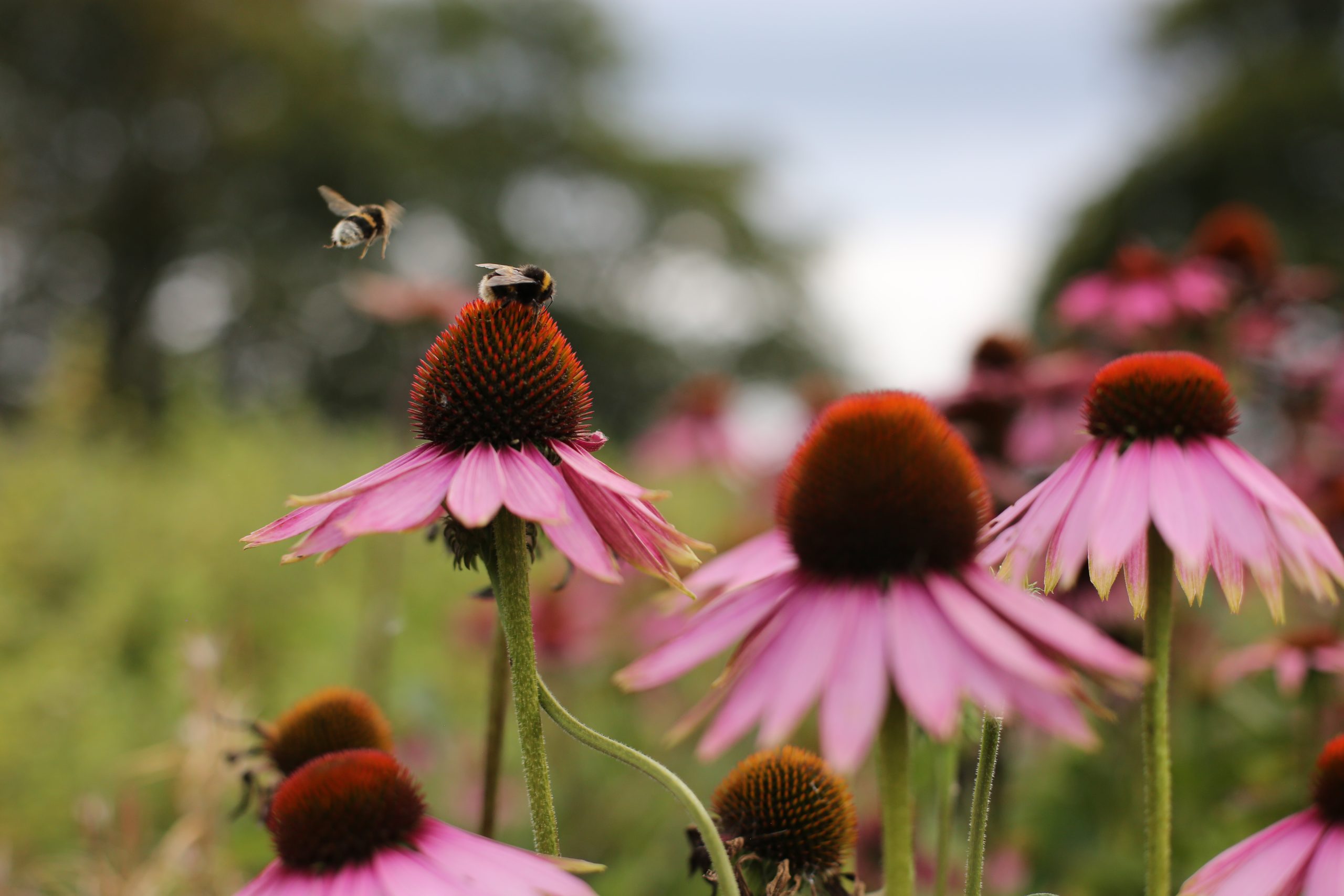
Clem Sandison, LWA Scotland Membership and Engagement coordinator, who facilitated the project, says that this pilot has shown the need for more regionalised training networks that are well funded, coordinated and structured, to help raise the standard and spread the load of traineeships across Scotland and the UK. Due to the geographical and logistical challenges of running a Scotland-wide training network, Clem believes the way-forward is to create regionalised training networks following the same model – but funding and facilitation is key. Tom Booth, one of the training providers, believes that training models like this could lead to a peer-reviewed informal qualification – as Tom describes it: “a rubber stamp for farms that host trainings”.
This has shown the potential of regionalised peer-to-peer training networks, facilitated by organisations like the Landworkers Alliance, and how they could support quality, accredited, peer-reviewed and dynamic training opportunities for new entrants. It’s a model that could be rolled out to regions and around the country.
Get in touch with Clem Sandison – clem.sandison@landworkersalliance.org.uk – if you’d like to act as a host farm for agroecological training in future iterations of the project in Scotland. If you’d like to find out more about training and learning opportunities in the horticulture sector, click yma. You can find out more about the Agroecology: Strengthening Livelihoods project on the Nourish Scotland website, yma.
